
‘He Needs To Act Like A Professional’: Would Draymond Green Care That A Fan Called Him ‘Angel Reese’ If He Was Still Good?
Draymond Green Confronts Fan, Sparking Debate About Professionalism and Aging Stars
The question arises all too often in professional sports: When does a player outstay his prime and begin to cling to a version of himself that no longer exists on the court? For the Golden State Warriors veteran Draymond Green, recent events suggest the answer may be now.
Green, a three-time NBA champion and four-time All-Star, has long been known for his fiery personality, on-court intensity, and outspoken nature. His energy and defensive brilliance have been crucial to Stephen Curry’s championship runs, but his confrontational style has also drawn criticism. From technical fouls to altercations with teammates and referees, Green’s behavior has been scrutinized for years (ESPN, Bleacher Report).

Recently, the situation escalated when Green confronted a fan who called him “Angel Reese” during a game. The reference was to Angel Reese, the WNBA star known for her dominance on the boards and “me-bound” rebounding ability — a nickname arising from a publicized debate over her rebounding style (The Athletic, The Ringer). The fan’s intent was playful heckling, but Green took it personally, walking toward the fan courtside to express his displeasure.
For many observers, this incident underscores a pattern seen in aging athletes: sensitivity increases as performance naturally declines. As players lose the dominance that once deflected criticism, verbal jabs from fans that could once be shrugged off can become sources of frustration (ESPN). Former NBA stars like Russell Westbrook have experienced similar dynamics, where fan interactions become emotionally charged when a player’s skill or confidence begins to wane.
Green’s confrontation ignited a social media firestorm, with fans sharply divided. Some viewed his reaction as unprofessional and indicative of a player unable to handle criticism:
“Win for the fan. This is 100% fair game. Players have gotten so soft, it’s embarrassing,” one Twitter user wrote (The Ringer).
Others defended Green, highlighting that professional athletes should not have to endure personal insults without response:
“If anything, that was the perfect example of ethical heckling. No profanity, just a creative way to tell a player he’s ass. Green has the right to respond,” another fan tweeted (Bleacher Report).
Some fans also used the incident to comment on the broader context of race and sports, noting that African American athletes are often unfairly criticized for asserting themselves:
“White Americans use professional sports as an excuse to practice anti-Black racism and disrespect toward African Americans. Green standing up is justified,” a social media post read (ESPN).
The confrontation also sparked discussion about Green’s career and his legacy. Known for his defensive prowess, playmaking, and leadership, Green has arguably been one of the most impactful Warriors of his generation. Yet his offensive limitations and occasional emotional outbursts have led some to question whether his tenure with the team has outlasted his peak effectiveness (The Athletic).
Critics pointed out that despite enduring decades of heckling, Green’s response was triggered by a comparison to a WNBA player, suggesting a combination of age, ego, and frustration:
“The fact that Green only ran up on a fan after being compared to Angel Reese is telling. He can take ribbing, but this one hit a nerve,” noted one analyst (The Ringer).
Fans debated the ethical limits of heckling. While spectators often feel entitled to taunt athletes, players maintain the right to personal boundaries, creating an ongoing tension in professional sports arenas. Green’s outburst reignites the conversation about how much leeway aging stars should have in responding to criticism and whether confrontations with fans should ever cross the line.
Ultimately, while Draymond Green’s contributions on the court are undeniable, incidents like this illustrate the complex intersection of personality, aging, and public perception in professional sports. For some, he remains a defensive genius and a key component of championship teams; for others, his fiery temperament and occasional inability to manage provocations may tarnish his legacy (ESPN, Bleacher Report, The Athletic).
Whether this episode will be a minor footnote or a defining moment in the twilight of Green’s career remains to be seen, but it is clear that the dynamic between professional athletes and fans — particularly for outspoken, aging stars — remains as contentious as ever.
News in the same category


Heated Sidewalks and Cold Mornings: Iceland’s Quiet Revolution in Winter Comfort
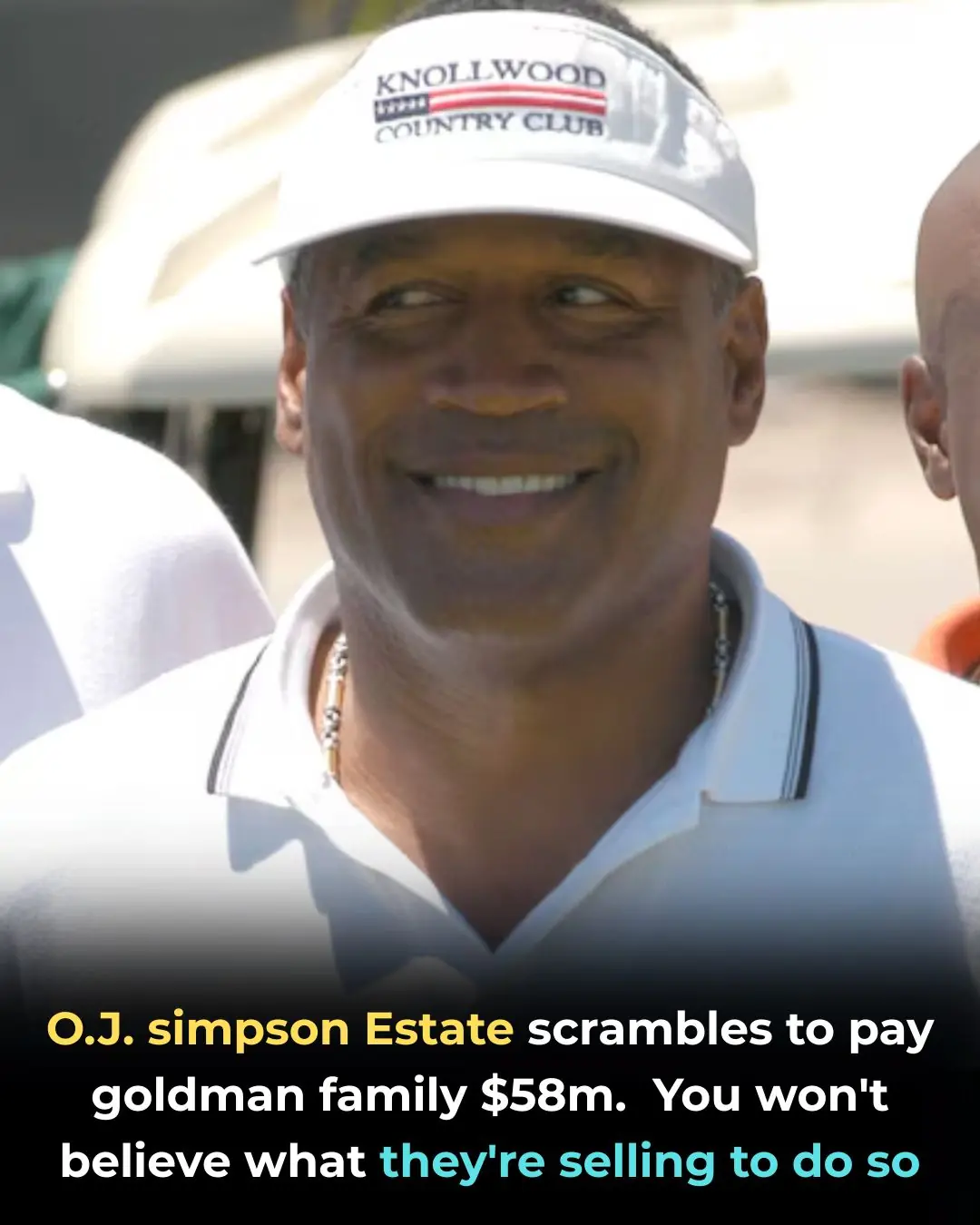
O.J. Simpson Estate Selling Off Treasures to Pay Goldman $58M—You Won’t Believe What’s Up for Auction
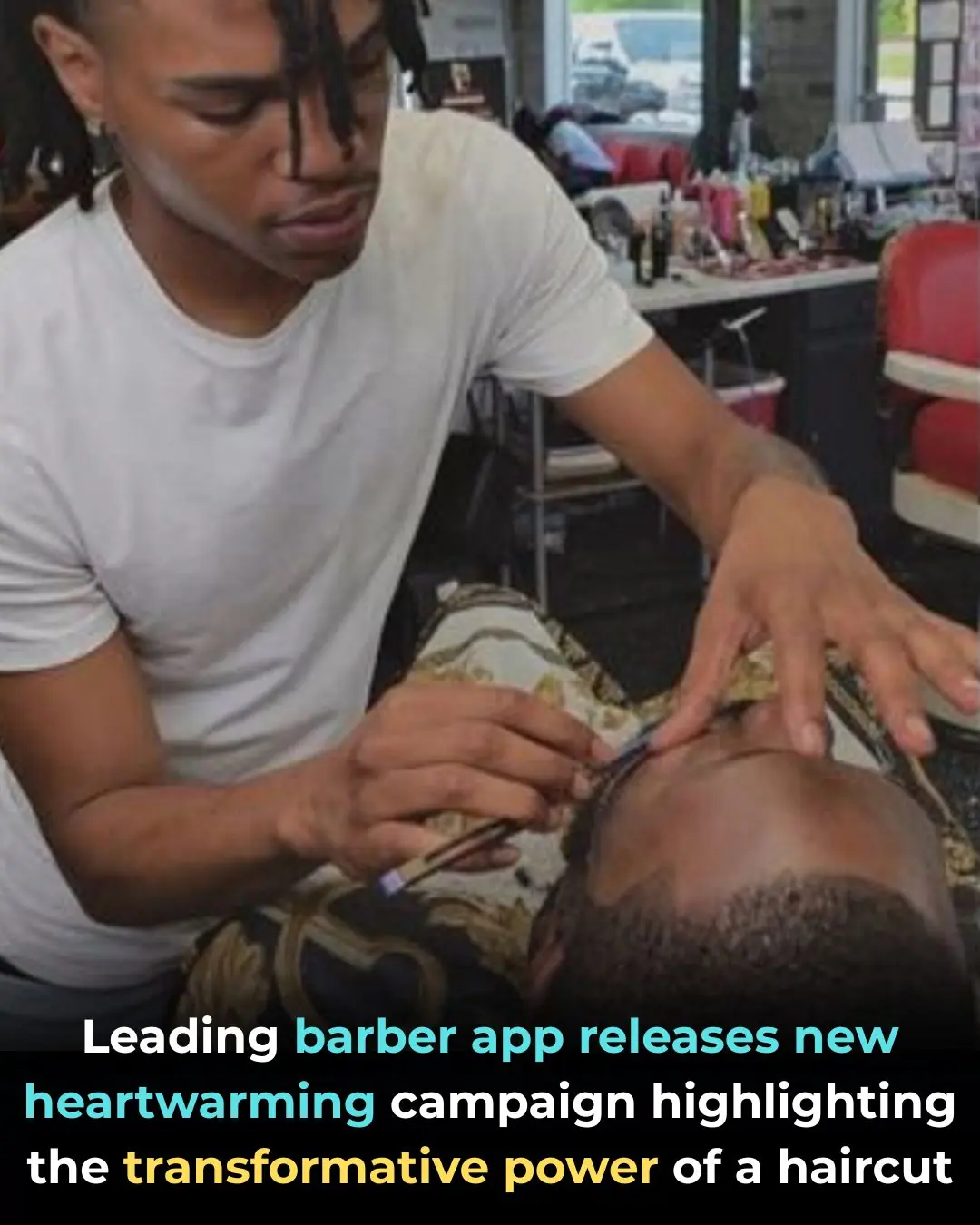
Leading Barber App Releases New Heartwarming Campaign Highlighting the Transformative Power of a Haircut

Philadelphia’s Oldest Black Bookstore From 1950s Officially Granted Historical Marker
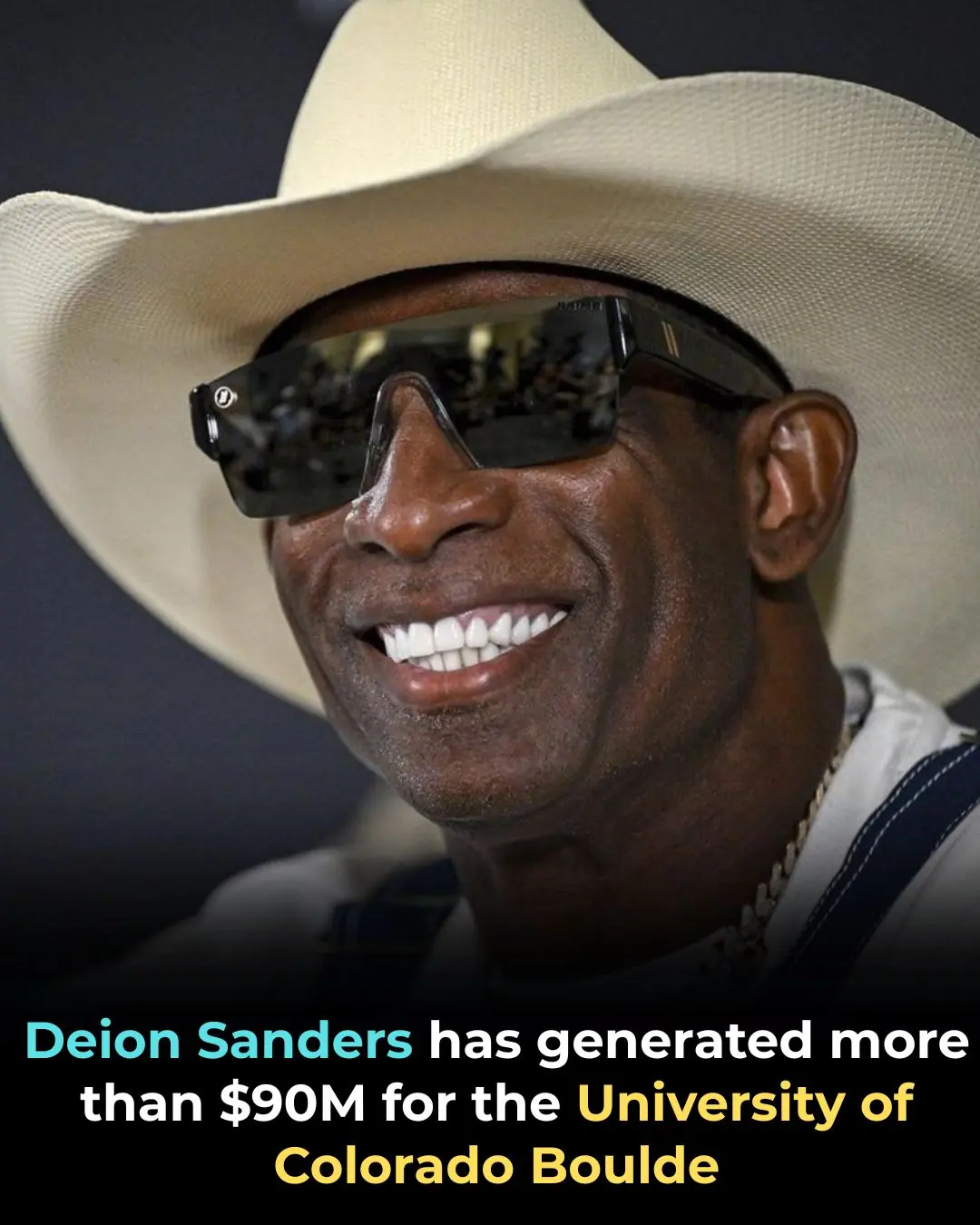
Deion Sanders Has Generated More Than $90M for the University of Colorado Boulder

Johns Hopkins Welcomes Second Cohort of HBCU STEM Scholars as Part of $150M Commitment

Meet The Chicago Florist Using Art Installations To Shine A Light On Blackness
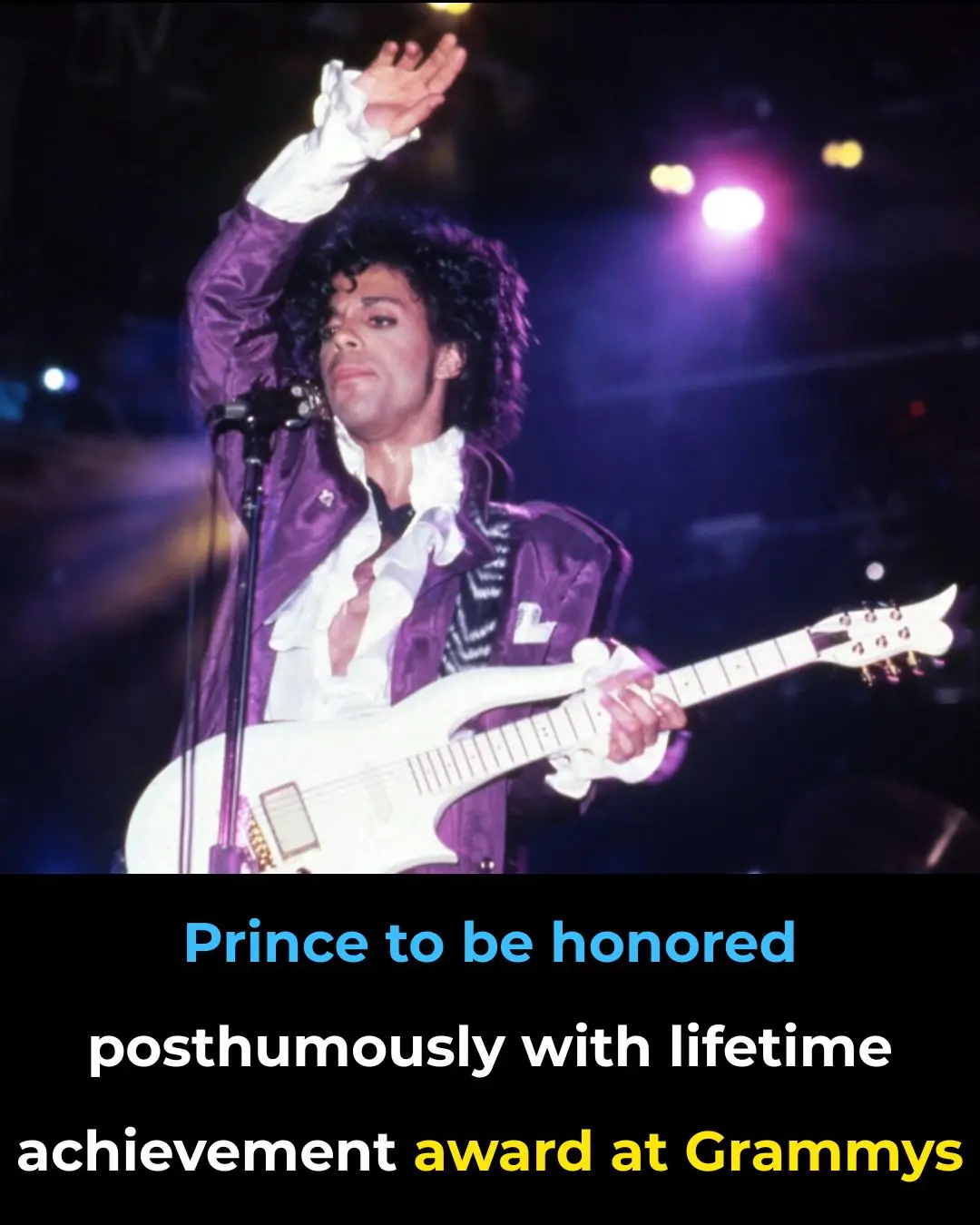
Prince to Be Honored Posthumously With Lifetime Achievement Award at Grammys

What Sydney Sweeney and Tom Cruise talked about during Governor Awards: lip reader

BBC axes Davina McCall's Stranded on Honeymoon Island after just one series

Shona McGarty's ex fiancé breaks silence as she joins I'm A Celeb after split
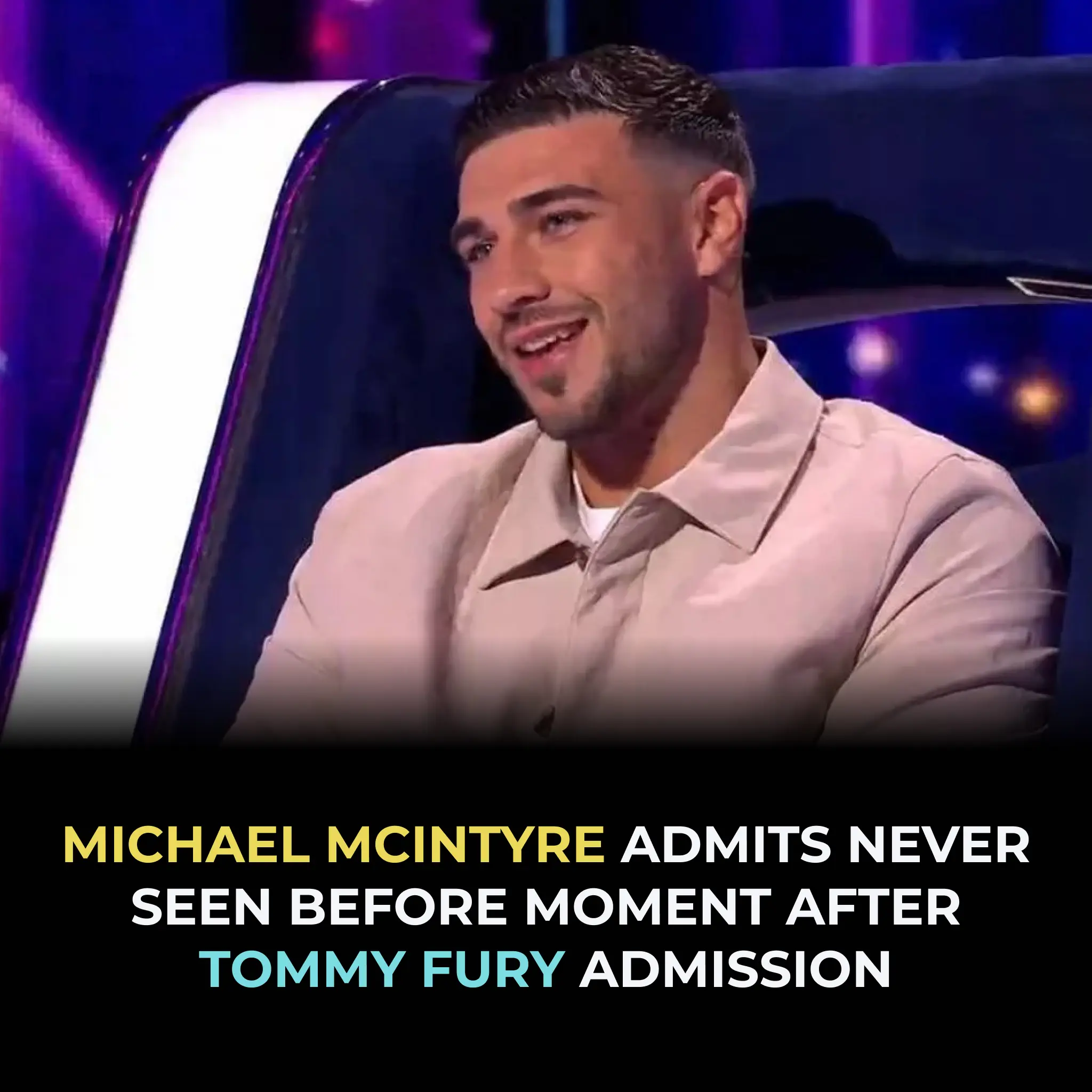
Michael McIntyre admits never seen before moment after Tommy Fury admission

ITV Emmerdale fans 'can’t cope' after Kev Townsend’s 'nightmare' twist

I’M A CELEB CAST COULD ALL LOSE THEIR FEE BY THE THIRD EPISODE FOR ONE REASON
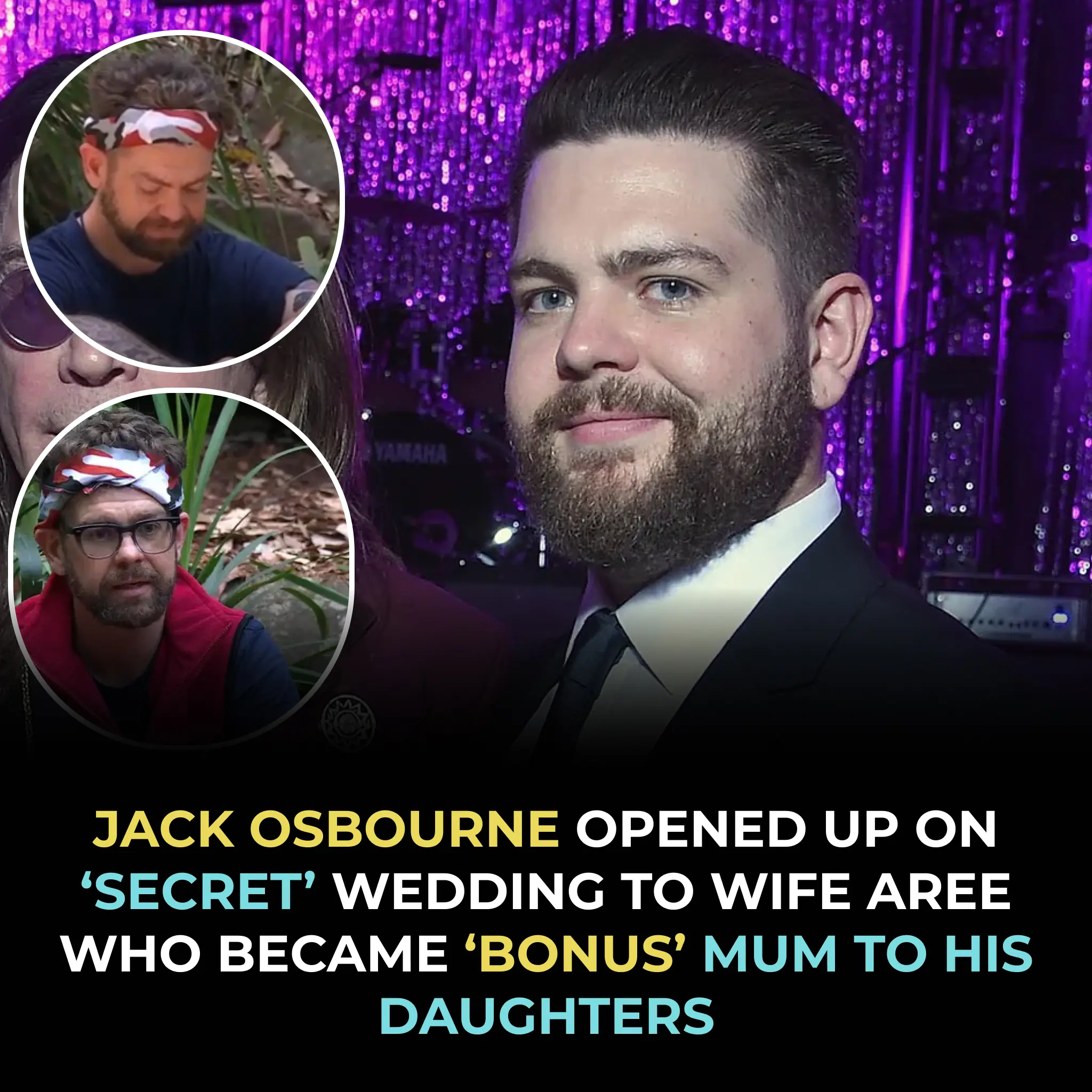
JACK OSBOURNE OPENED UP ON ‘SECRET’ WEDDING TO WIFE AREE WHO BECAME ‘BONUS’ MUM TO HIS DAUGHTERS

OLIVIA COLMAN ‘ACCIDENT’ NEARLY RUINED MAJOR RULE ON BEST BRITISH CRIME DRAMA NOW ON NETFLIX
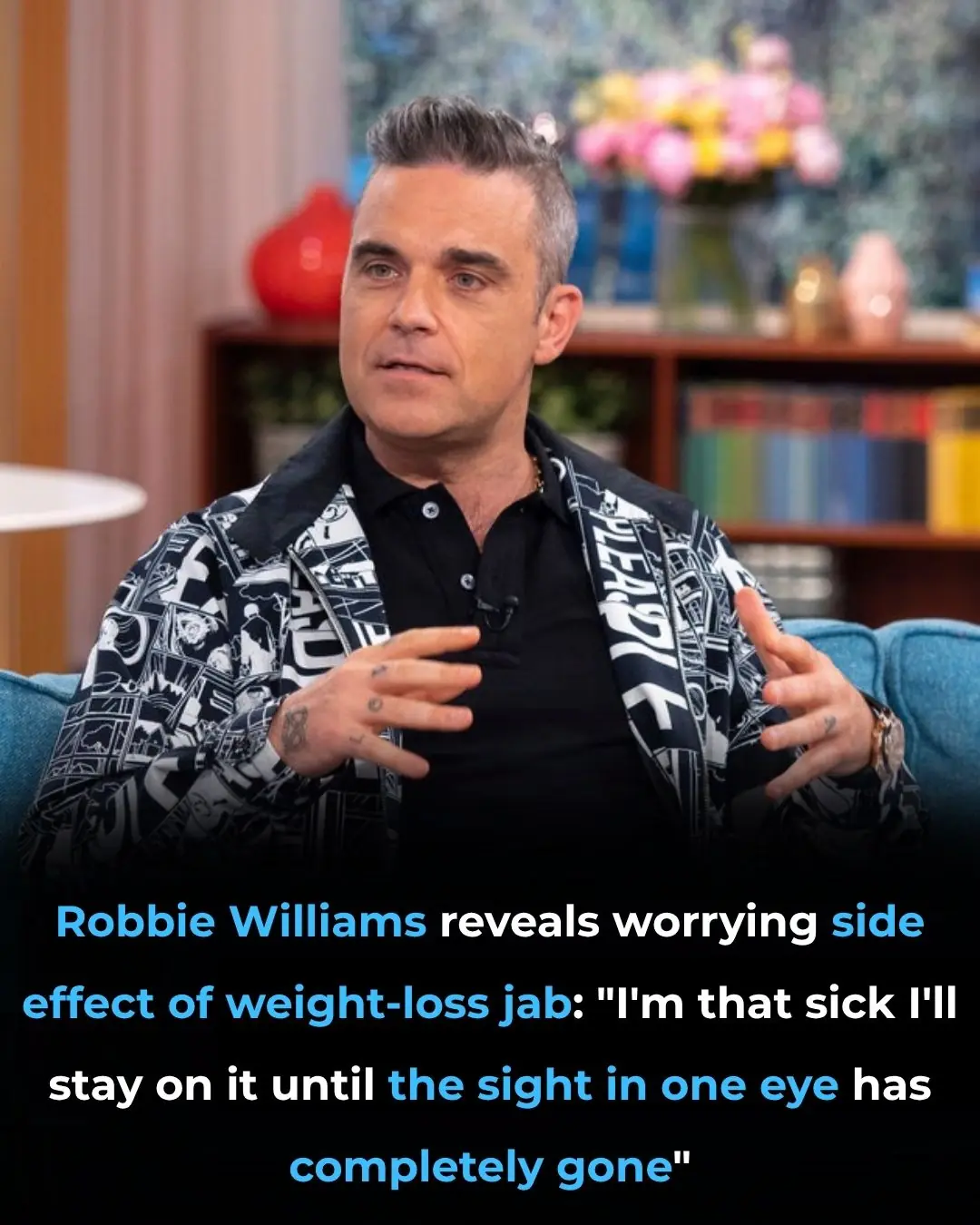
⚠️ Robbie Williams Blames Weight-Loss Injection for Deteriorating Eyesight, Vows to Stay On It
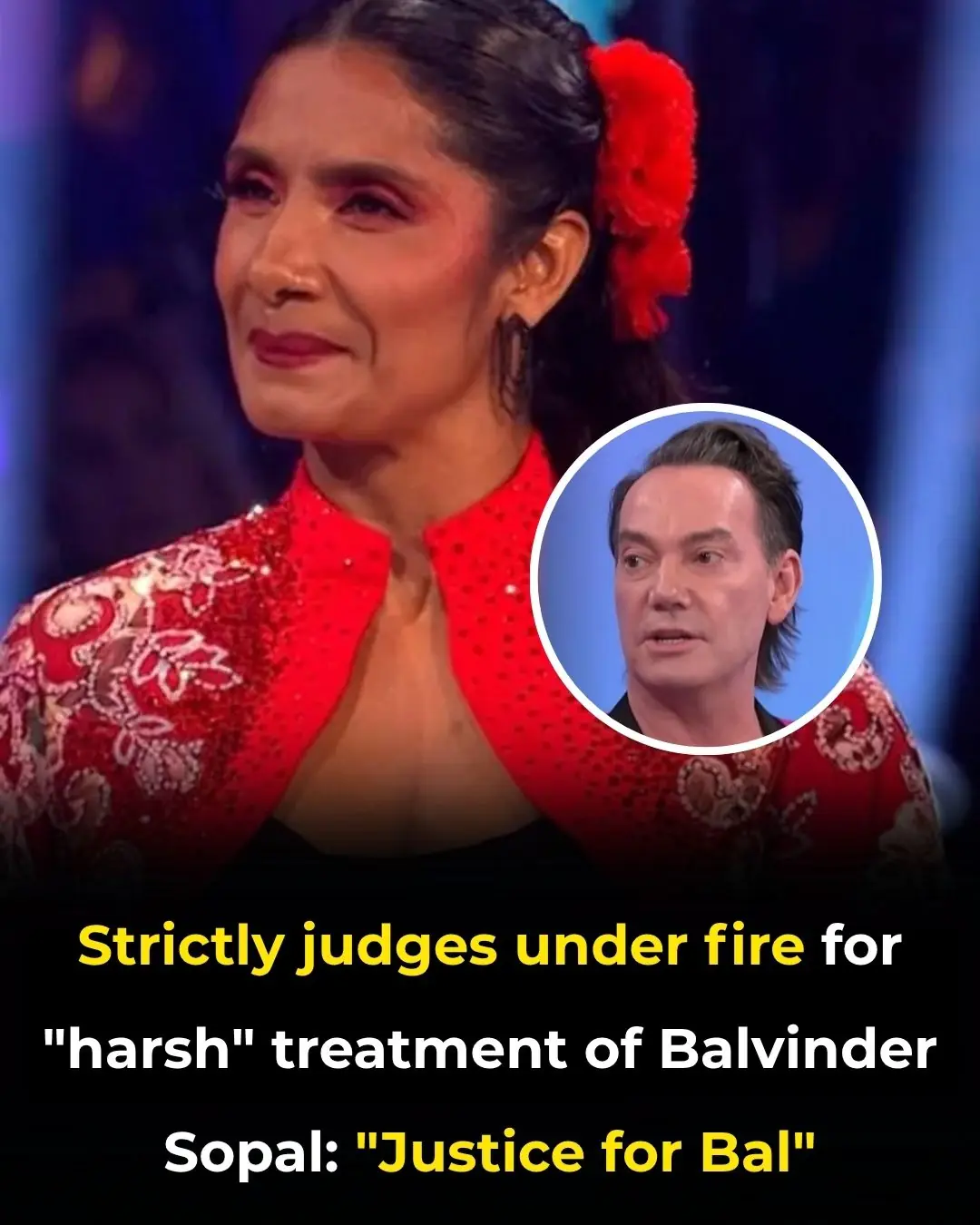
😠 Strictly Come Dancing Judges Face Backlash Over "Harsh" Scoring of Balvinder Sopal
News Post

Don't boil chicken with salt and water, otherwise it will be fishy and turn red.

Take the meat from the freezer and it's hard as bricks

Your Mattress Getting Dirty and Smelly? Sprinkle This on the Surface — No Water Needed, and It’ll Look Fresh Again

Sink Trick You Should Always Do Before Vacation
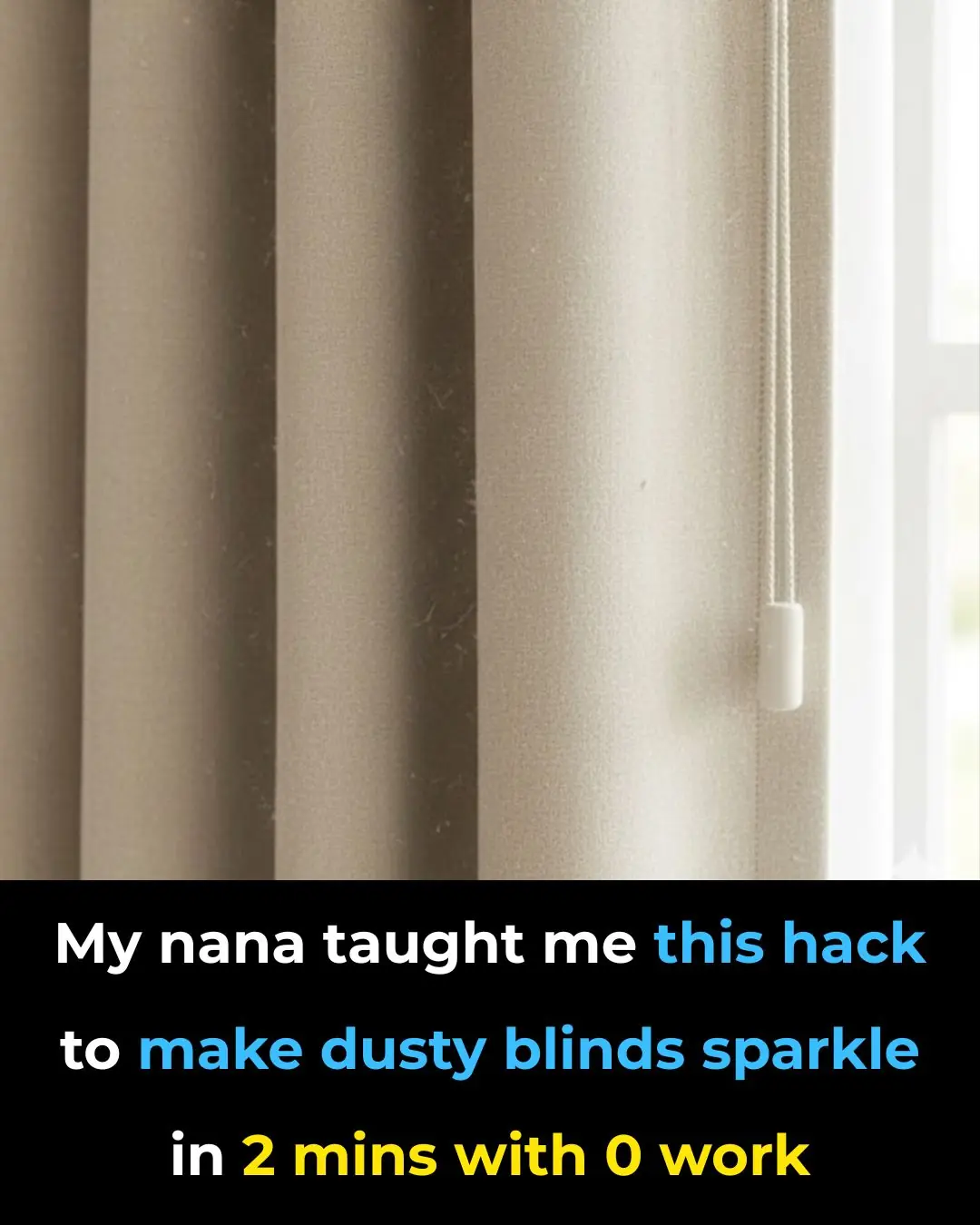
My nana taught me this hack to make dusty blinds sparkle in 2 mins with 0 work

How To “Remove” All The Chemicals Out Of Store-Bought Chicken

Stadiums of Sanctuary: A Winter Refuge Beneath South Africa’s Grand Arenas

Newly Discovered Molecule Could Allow Teeth to Heal Naturally, Transforming the Future of Dentistry

If You Want Your Meat to Stay Fresh Longer, Make Sure to Do This One Extra Step Before Refrigerating

Sweden Turns School Lunchrooms Into Forest-Inspired Sanctuaries to Boost Student Well-Being

Heated Sidewalks and Cold Mornings: Iceland’s Quiet Revolution in Winter Comfort

When Pleasing Others Hurts Your Health: New Study Links People-Pleasing to Autoimmune Risk

Knives become dull and rusty after long use. Remember these 5 easy ways to clean them. No matter how rusty your knife is, it will still be shiny and sharp

Why We Sleep With ‘T-Rex Arms’: A Self-Soothing Posture Linked to Stress and Neurodivergence
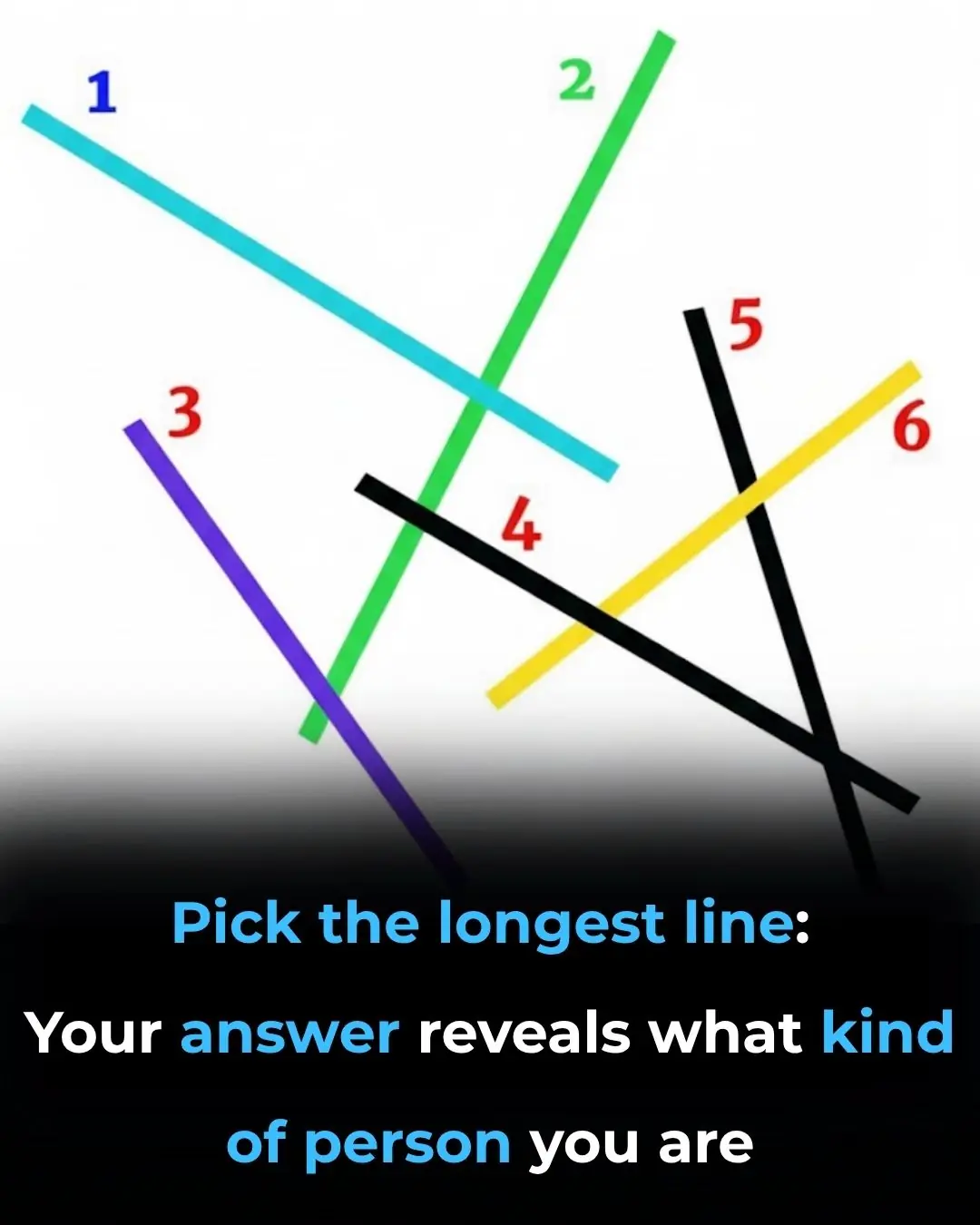
Choose the Longest Line

Scientists say this nutrient may hold the key to reversing heart disease

Health problems that improve with vitamin B12 (and how to use it)
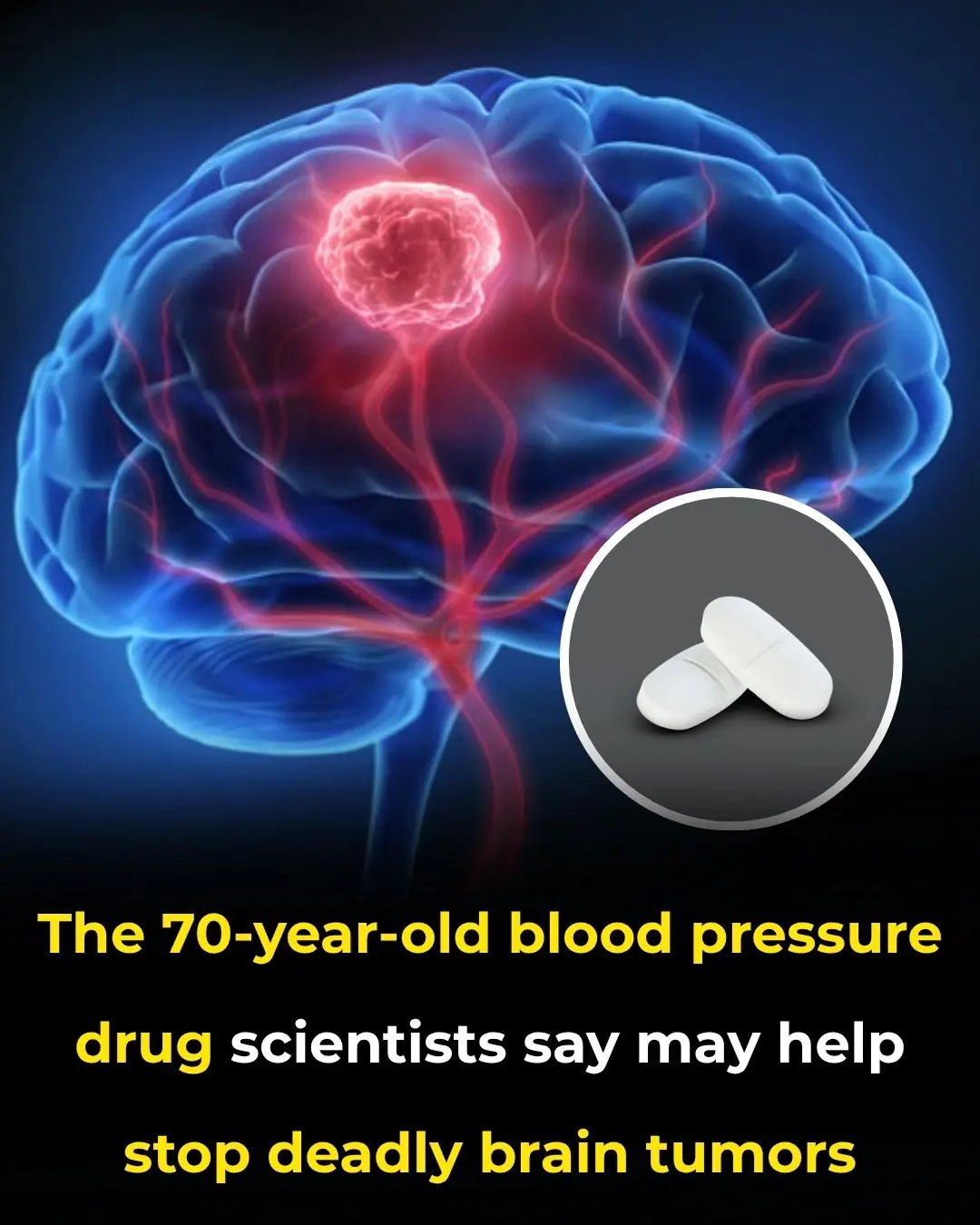
The 70-year-old blood pressure drug scientists say may help stop deadly brain tumors

France Turns Forgotten Railway Tunnels into Poetic Winter Shelters for the Unhoused
